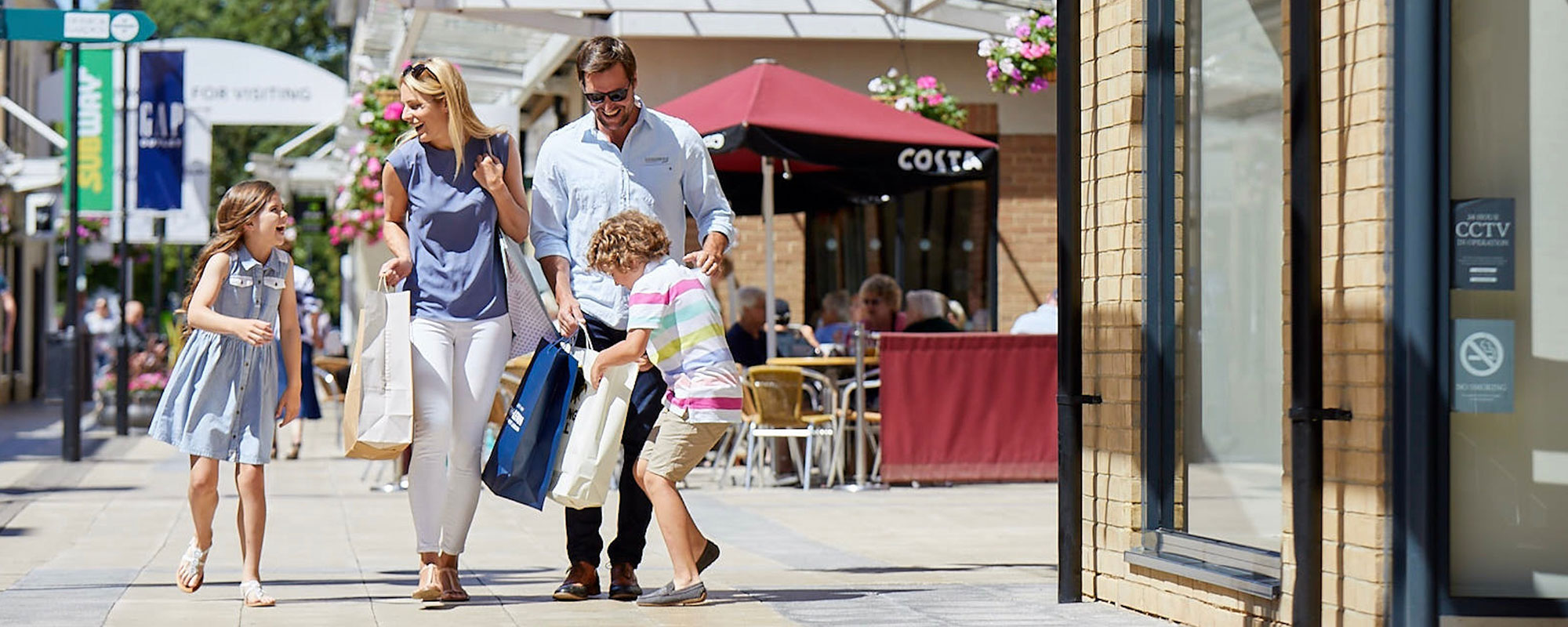By Ian Sanderson
Described as “having gone mainstream”, outlet shopping in the UK and Europe is going from strength-to-strength. Despite strong competition from online shopping, 85% of UK retail sales, for example, still touch a physical store, according to Ed Cooke, chief executive of Revo, the British professional body for retail property and placemaking. Furthermore, 90% of worldwide retail sales still happen in physical stores, according to Deloitte.
However, the number of retailers in the UK and Europe entering into CVAs, falling into administration and closing stores, continues to grow. High rent and inflexible leases are common complaints from struggling retailers. Agreements of up to 15 years or more, upward-only rent reviews, fixed rents irrespective of footfall or promotional activities all continue to create strained relationships between landlords and retail occupiers, in an already difficult market. Indeed, Lord Wolfson, chief executive of British retailer Next, has called for lower rents and shorter leases on the 240 Next stores due for renewal over the next three years.
As retailers increasingly call for a more flexible approach from landlords and recognition that a constructive relationship between the two is crucial, what can be learnt from the outlet sector? The general business model at outlet centers across the UK and Europe is revenue-based rents. This creates a symbiotic relationship where the landlord and retailers both benefit from an upside in trading, and are incentivized when times get tougher.
Such a relationship motivates a landlord to support its retailers, working to encourage footfall, increase visits from the catchment and boost dwell time. Consequently, consumer spend is treated as a mutually beneficial measure at outlets.
Research by Pragma Consulting shows that outlet shopping combined with leisure is increasingly important in driving footfall to a scheme, and increasingly attracts visitors for a memorable day out. That is why, last year, a new, integrated, leisure offer was unveiled at Springfields Outlet in the East of England. It has benefitted retailers at the center, which has delivered 14 years’ of turnover growth since opening, with footfall and revenue having been further accelerated by the offer. It has also helped to attract new, more aspirational retailers to the benefit of existing tenants.
A revenue-based rental model enables landlords to ensure the tenant mix is optimized and consistently in-line with ever-changing consumer trends and demands of the catchment demographic. This is key for an outlet center as visitors view them as a day-out destination. It allows landlords to always deliver something new to encourage repeat visits and attract new customers. For tenants, it acts as a stick and key motivator for landlords to continually invest.
The model encourages regular dialogue between landlord and tenant, building a
positive relationship and the ability to create targeted strategies and
initiatives, to directly benefit the retailer. Encouraging the continuous
exchange of information between the two is something that would be particularly
beneficial at full-price destinations.
During times of pressure on retail, the revenue-based rental model is mutually advantageous. For the landlord, there is financial incentive to ensure the retailer prospers. For the retailer, there is constructive dialogue not conflict, and rent obligations that flex to match trading opportunities.














